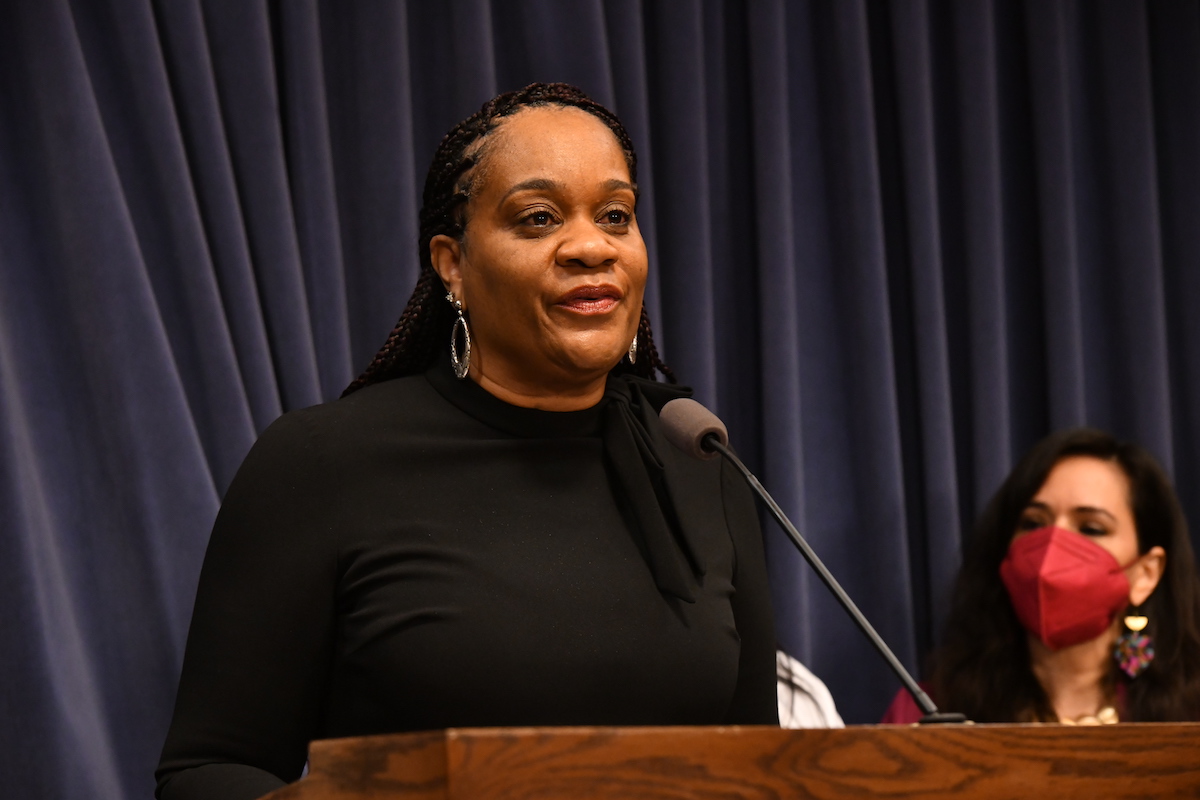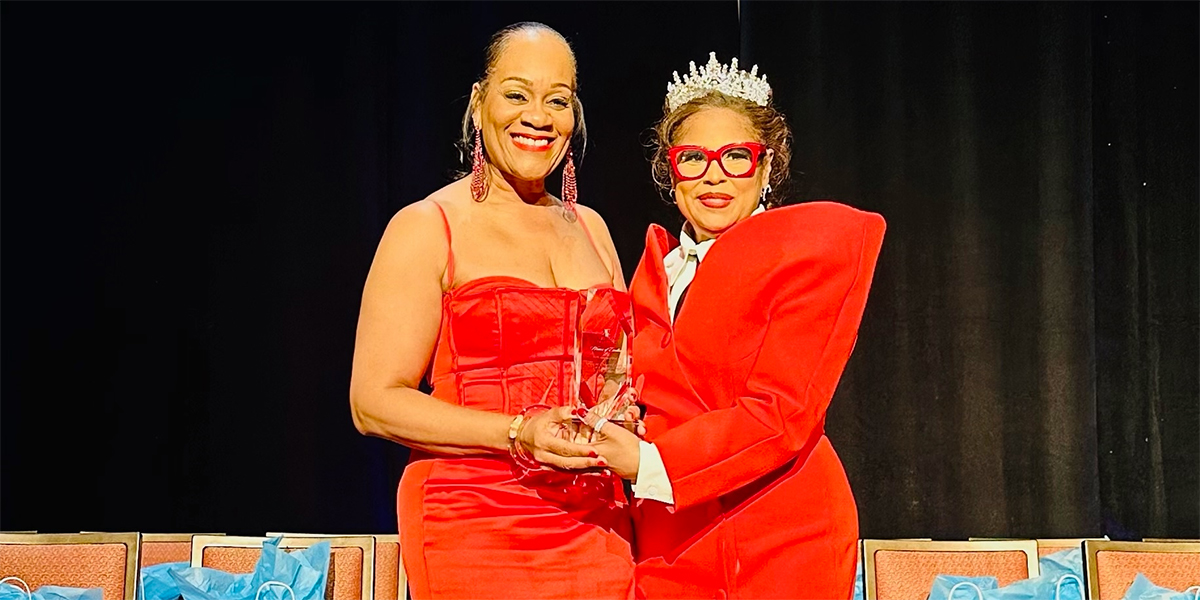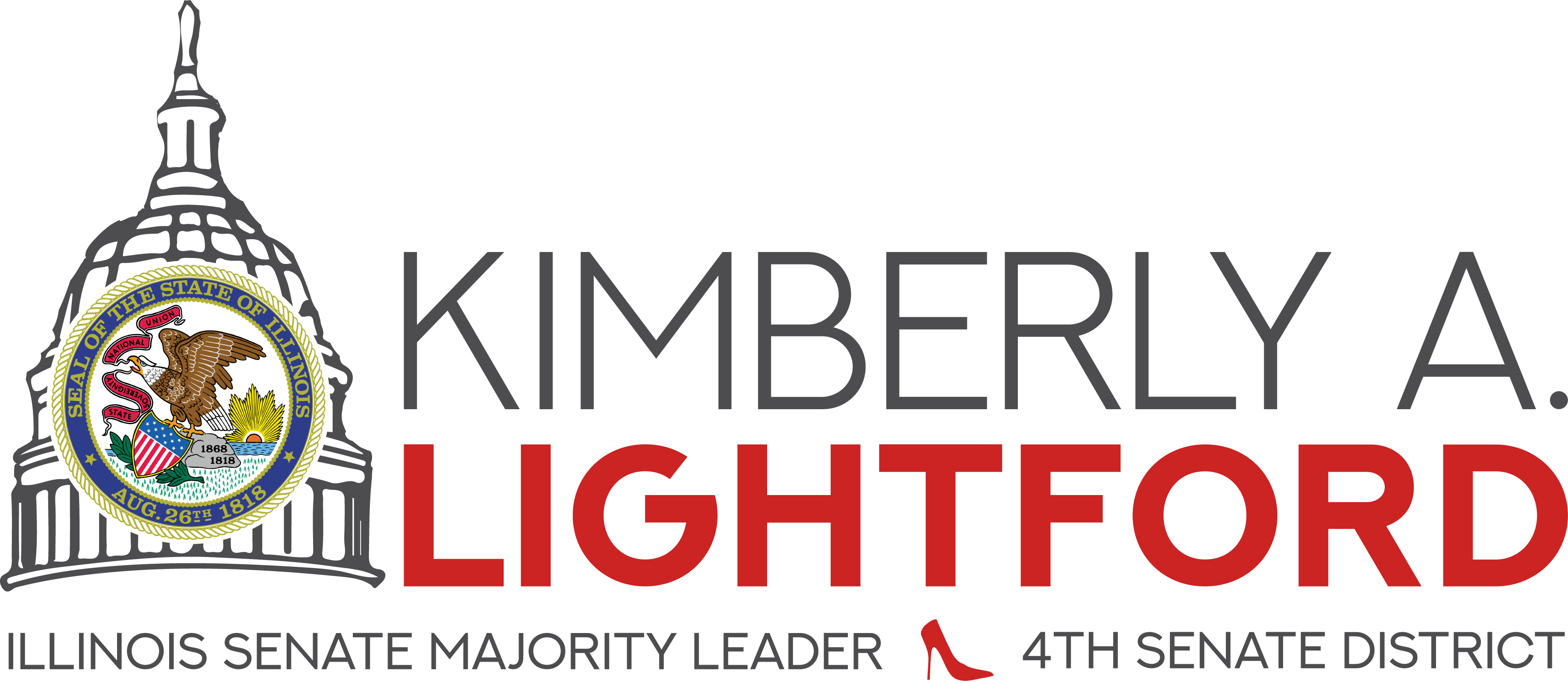Lightford: Roe V. Wade overturn is dehumanizing
- Details
- Category: Uncategorised
MAYWOOD - After the official decision by the United States Supreme Court to overturn Roe v. Wade, Senate Majority Leader Kimberly A. Lightford (D-Maywood) released the following statement:
“Today’s Supreme Court decision is dehumanizing. It viciously attacks women and all people who can bear children, and it puts every single person’s right to privacy at risk.
“In Illinois, we made sure this dreadful day would not destroy the right to an abortion because we believe that people should be trusted to make their own health care choices.
“While abortions have historically been a polarizing issue, we must not lose sight of the intentions of this conservative-controlled Supreme Court. This doesn’t stop here, and that’s why it’s critical that we come together to protect our civil rights. We won’t allow this court to walk all over the rights so many have fought for, and destroy the lives of many in the process.”
HIV/AIDS resources to be created across Illinois because of Lightford’s efforts
- Details
- Category: News

“In 2005, I led the creation of the African American HIV/AIDS Responsive Act in response to the specific impact of the HIV/AIDS epidemic in Illinois disenfranchised communities, and now this law builds upon that act,” Lightford said. “Creating a Center of Excellence Biomedical Resource Hub for HIV/AIDS preventative care including supportive services is key in treating HIV-infected residents and preventing the continuous spread of this disease, which will help slow down the epidemic.”
HIV/AIDS resources to be created across Illinois because of Lightford’s efforts
- Details
- Category: News

“In 2005, I led the creation of the African American HIV/AIDS Responsive Act in response to the specific impact of the HIV/AIDS epidemic in Illinois disenfranchised communities, and now this law builds upon that act,” Lightford said. “Creating a Center of Excellence Biomedical Resource Hub for HIV/AIDS preventative care including supportive services is key in treating HIV-infected residents and preventing the continuous spread of this disease, which will help slow down the epidemic.”
Lightford: Budget provides solid economic recovery for hardworking Illinoisans
- Details
- Category: News
SPRINGFIELD – Illinois Senate Majority Leader Kimberly A. Lightford (D-Maywood) released the following statement after the Senate passed its Fiscal Year 2023 budget Friday:
"Building on our recent economic decisions, this budget has the largest surplus we've seen in years. We are using these additional funds to provide stability to more than 95% of taxpayers.
"We are succeeding in paying our debts by meeting our pension obligations, saving taxpayers over a billion dollars, and fully funding College Illinois. In addition, to address violence in our communities, we are allocating funding to the Reimagine Public Safety Act.
More Articles …
Page 23 of 162










